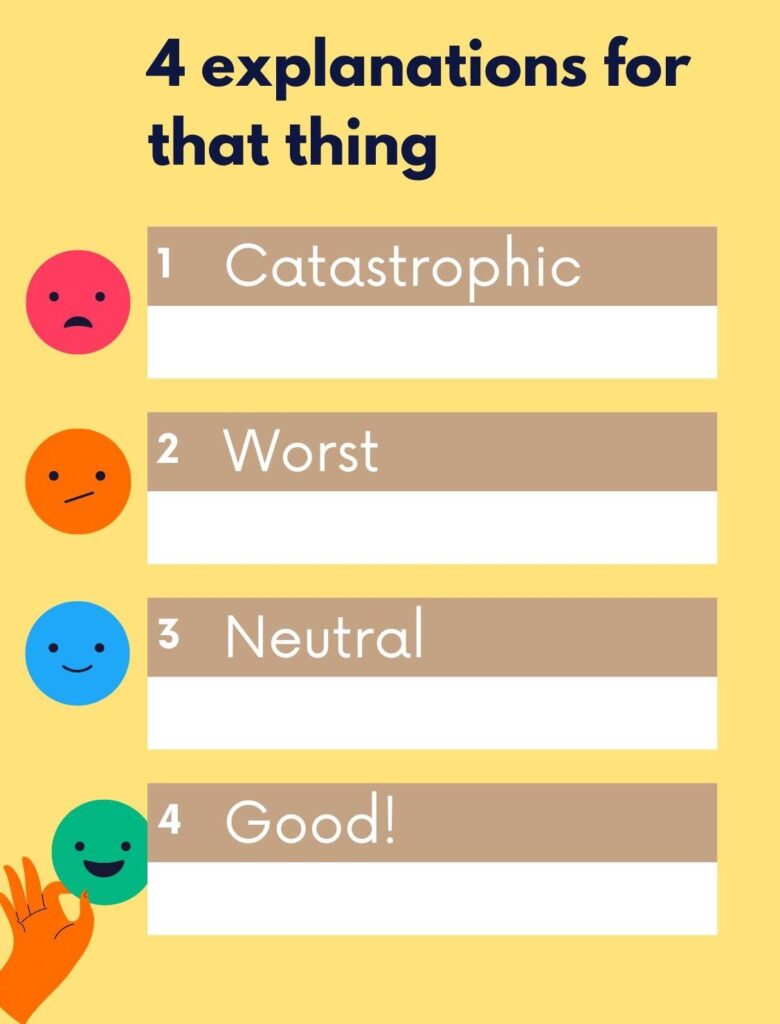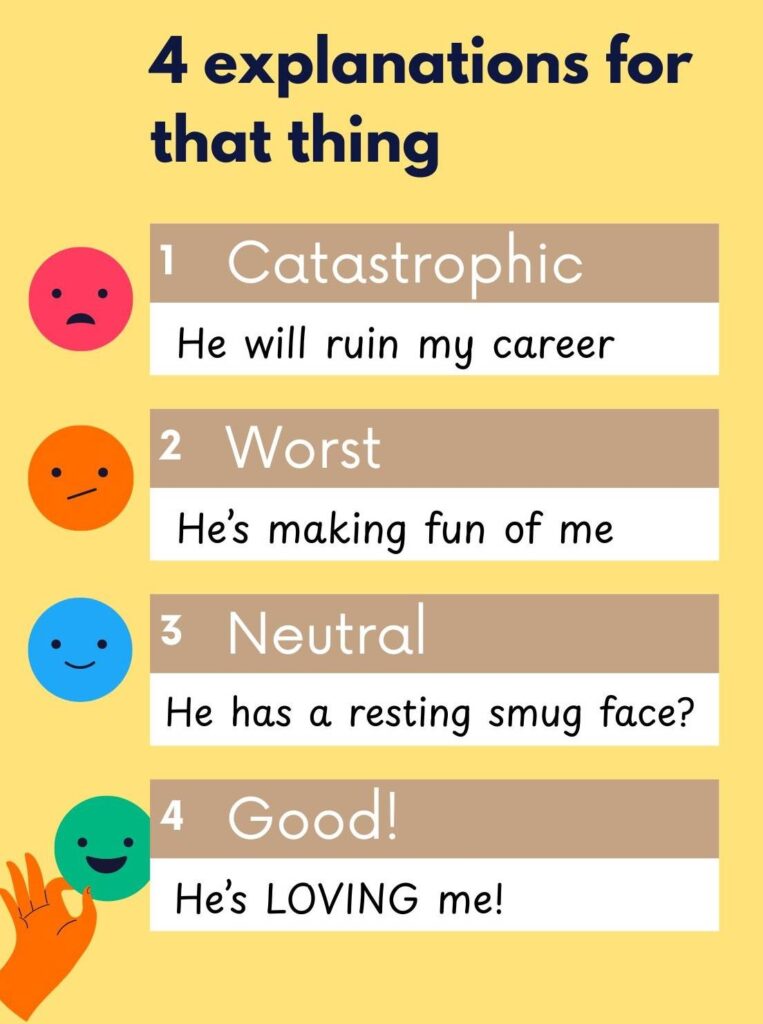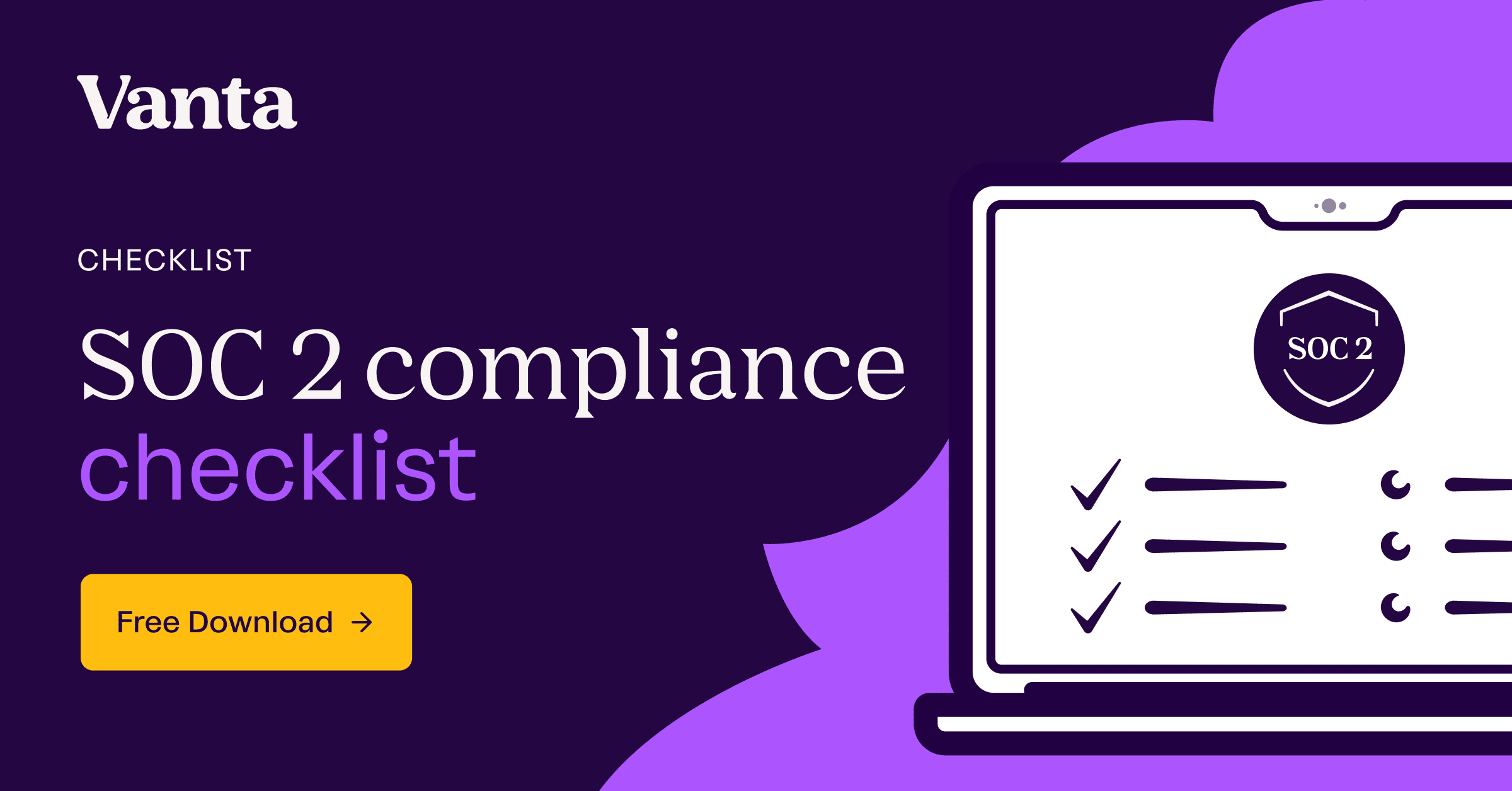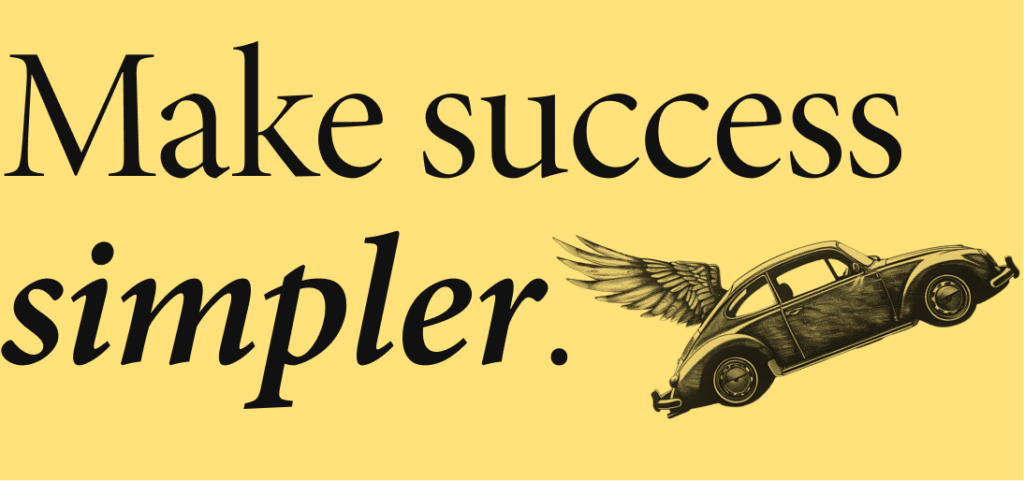Welcome to One Thing Better. Each week, the editor in chief of Entrepreneur magazine (that’s me) shares one way to achieve a breakthrough at work — and build a career or company you love.
Today’s edition is sponsored by Vanta — the all-in-one trust management platform. Details at the end of the newsletter.
Ever worry that someone hates you? Or is avoiding you?
Maybe it’s a boss. Or a colleague. Or a friend. Maybe they answered you curtly. Or they’re hard to make plans with. Or they just ghosted.
Now you’re catastrophizing — believing that it’s your fault, and wondering what you did wrong, and worrying that something bad will happen next.
But of course, you have no idea what’s actually wrong. When we don’t know someone’s intentions, we cause ourselves unnecessary stress.
I experienced this recently, and it messed me up. But I also gained critical insight on the problem — and how to solve it.
Today, I’ll share what I learned — so that you can remain calm and focused, and maybe even jumpstart the relationships you thought were dead.
Here’s how it starts:
How to stop assuming the worst
Before I tell you how to solve this problem, I need to tell you about Nancy Salamon. She’s a studio potter and textile designer, and a regular reader of this newsletter. She just told me about this situation:
One of her wholesale customers stopped paying her recently. She sent a gentle nudge, and the customer wrote back promising to pay. But another month went by, and he didn’t.
So Nancy sent another email. Instead of being angry or demanding, she started it like this: “I want to tell you a story.”
The story was about her very first wholesale account, with a guy named John. He always paid on time — until one day, John stopped. Nancy followed up repeatedly but heard nothing.
A few months later, Nancy received a check — along with a note from John’s widow. As it turns out, John had been ill and just died. “I wish I had known,” Nancy said. “I’d have left them alone.”
Then Nancy told her current buyer this: I hope you are not experiencing anything catastrophic. I just want to see if you’re OK.
Here’s what happened next, according to Nancy:
I got the kindest e-mail back, saying it is true, we never truly know what other people were experiencing. My customer was healthy, but his business was suffering, and he had just laid people off. He paid me, though. I know that if I had not reached out to him on a personal level, my $1700 bill would have stayed on the bottom of his pile.
To Nancy, the lesson is this: Even in business, we must be human.
I agree. But I drew another lesson from it too:
Every story has 4 explanations
Let’s imagine it: Someone ignores us. Or disappears. Or reacts mysteriously.
In turn, we assume the worst — that this person hates us, or is ignoring us, or is trying to rip us off.
For some reason, our brains naturally do this. It’s pointless to fight against it. So instead, let’s just surround our assumption with even more assumptions!
In reality, there are always four explanations for any action. So let’s look at them.
I came up with a little form, which you can mentally fill out whenever you need to. Here it is:

(I made a downloadable version of this for you here.)
Here’s how to use this:
- Take any situation where you’re feeling unclear.
- Start by filling out the “worst” explanation (because that’s where your mind went anyway).
- Next, force yourself to imagine a scenario that’s even worse. (Are they sick?)
- Next, imagine a scenario that’s neutral. (Are they busy and forgetful?)
- Finally, imagine a scenario that’s good. (They love you but haven’t told you yet.)
For example: Nancy worried that her customer John had stopped paying. The reality was more catastrophic. But it could have also been neutral or good; she just didn’t know yet.
Here’s the point:
When we force ourselves to consider a range of options, we confront a simple but easily forgotten fact: We don’t actually know what’s going on.
To understand someone’s actions, we must understand their context and motivations — and those things are often invisible to us. So we cannot judge on action alone.
I should have done this recently
I wish I’d thought of this last month, because it would have helped a situation I faced…
I recently gave a keynote talk to 200 people. As I spoke, I was distracted by a guy in the front row. He was buff. Looked cocky. Had a smirk. And he kept nudging the woman to his left, as if making fun of me. What a jerk, I thought.
Then the guy approached me afterward — and everything changed.
“I came here with my wife and didn’t expect to get anything out of this conference, but you really helped me,” he said. He’s exploring a big career change and loved my advice. We talked for 20 minutes. Super nice guy!
Now I know: He wasn’t smirking during my talk — he was happily surprised, and nudging his wife because of it! Meanwhile, I was needlessly distracted because I assumed the worst.
Imagine if, instead of being distracted by that guy, I had simply considered the full four explanations. It could have looked like this:

Had I thought about it like this, I would have felt so much better.
Quadruple your assumptions!
So, what are you worried about right now? Who hasn’t gotten back to you?
Here’s the current discussion topic in my home: One of my wife’s friends has stopped responding to her, and my wife cannot figure out why. No reply to texts or emails. It’s been like this for months.
“What do you think I did wrong?” my wife keeps asking me. In turn, I try to offer other explanations. Maybe the friend is super busy? Or she moved? Or changed phone numbers? Or is going through a crisis?
(On my podcast, she and I discussed something similar recently — why some people are so hard to make plans with, and what their real problem is.)
I’ve experienced this myself, when friends became abruptly hard to reach. They’d eventually tell me — sometimes months or years later — about the hard time they were having. I wish I’d had the foresight to do what Nancy did, and just reach out to say: I hope you are not experiencing anything catastrophic. I just want to see if you’re OK.
Like I said above: We cannot judge on action alone. But can always create room for understanding.
That’s how to do one thing better.
The all-in-one trust management platform

To scale your company, you need compliance. And by investing in compliance early, you protect sensitive data and simplify the process of meeting industry standards—ensuring long-term trust and security. Vanta helps growing companies achieve compliance quickly and painlessly by automating 35+ frameworks—including SOC 2, ISO 27001, HIPAA, and more. Start with Vanta’s Compliance for Startups Bundle, with key resources to accelerate your journey.
- Step-by-step compliance checklists
- Case studies from fast-growing startups
- On-demand videos with industry leaders
*sponsored
Final notes for today
OMG, last week’s newsletter appeared (sorta) in elevators nationwide!

This brought my so much joy. I explained how it happened on LinkedIn. And if you missed last week’s newsletter, you can read it here.
